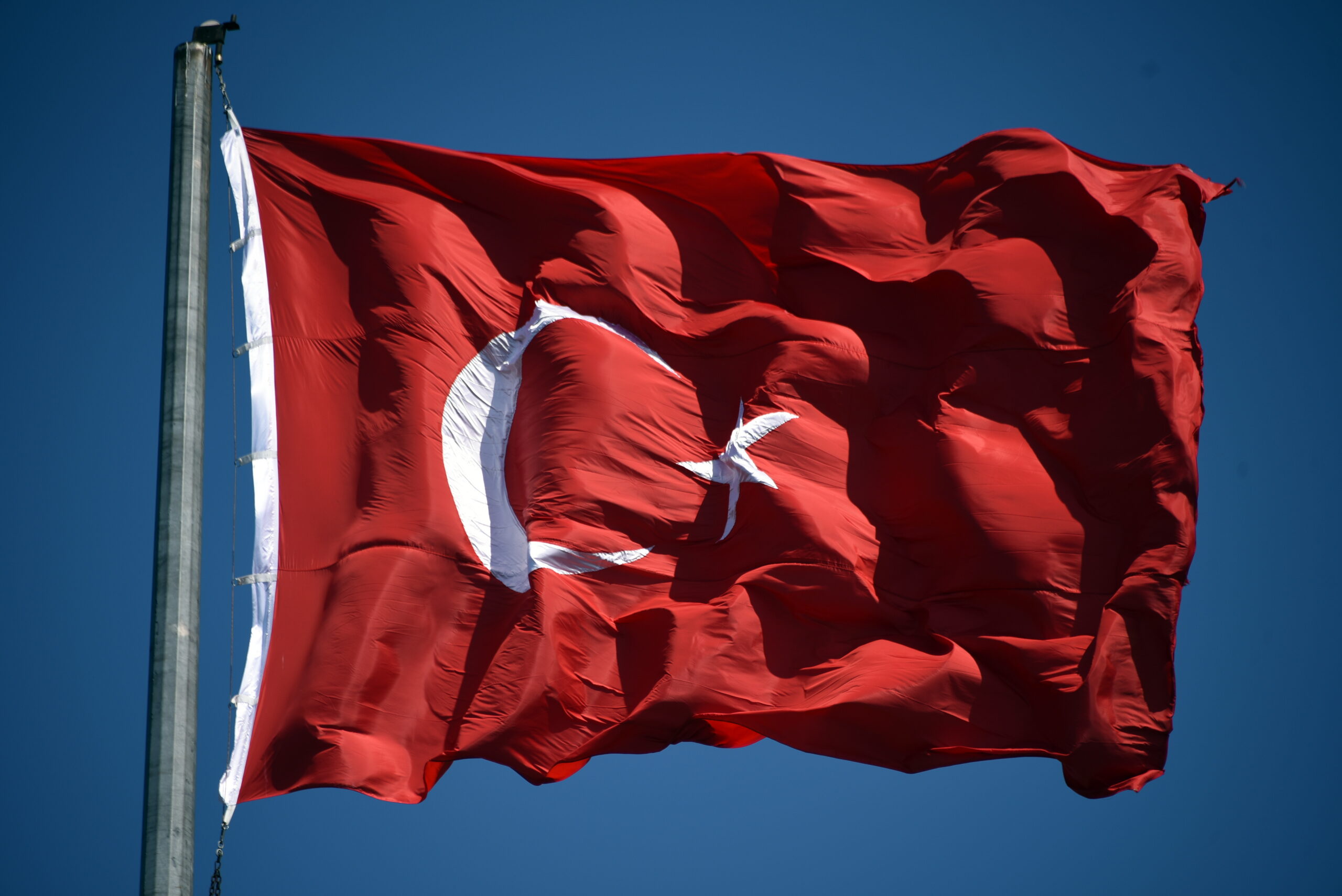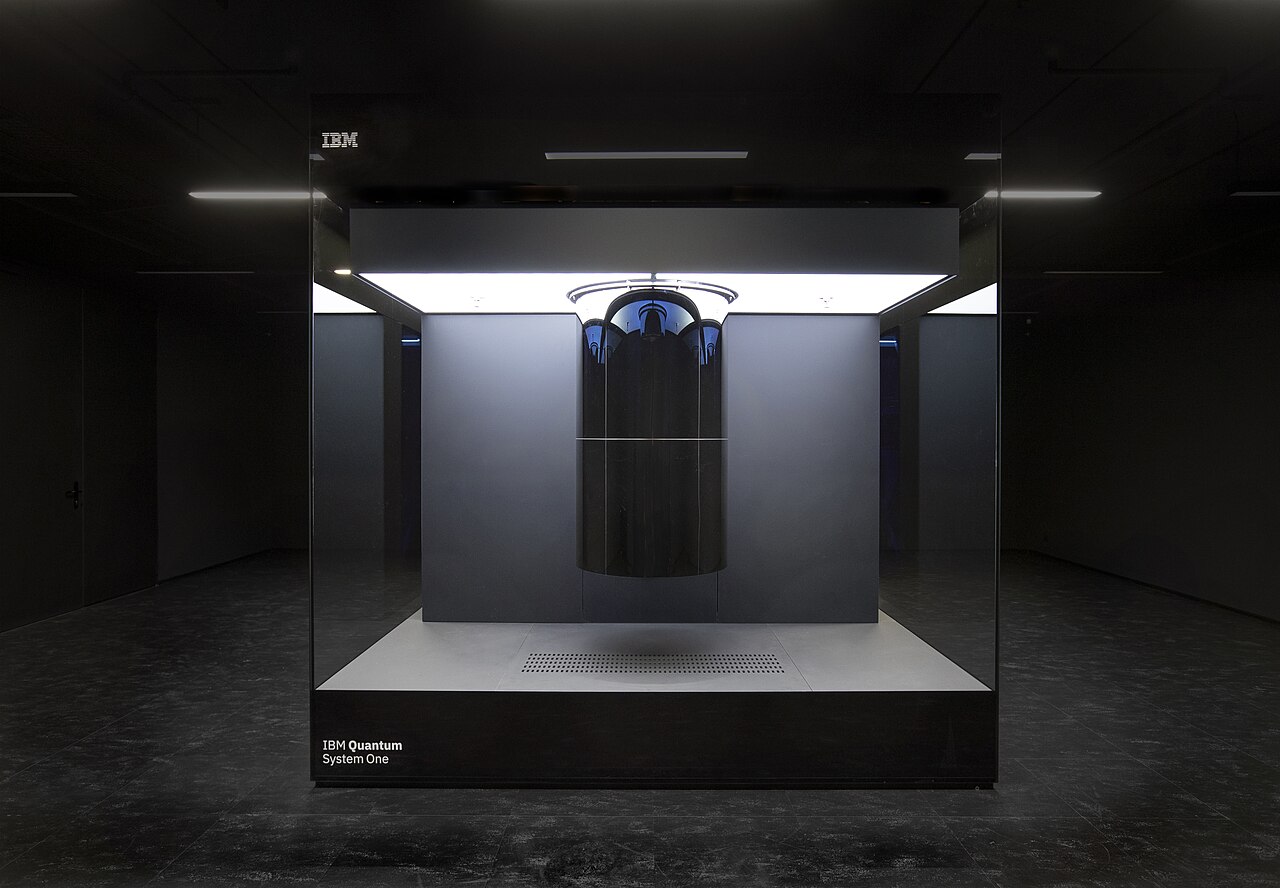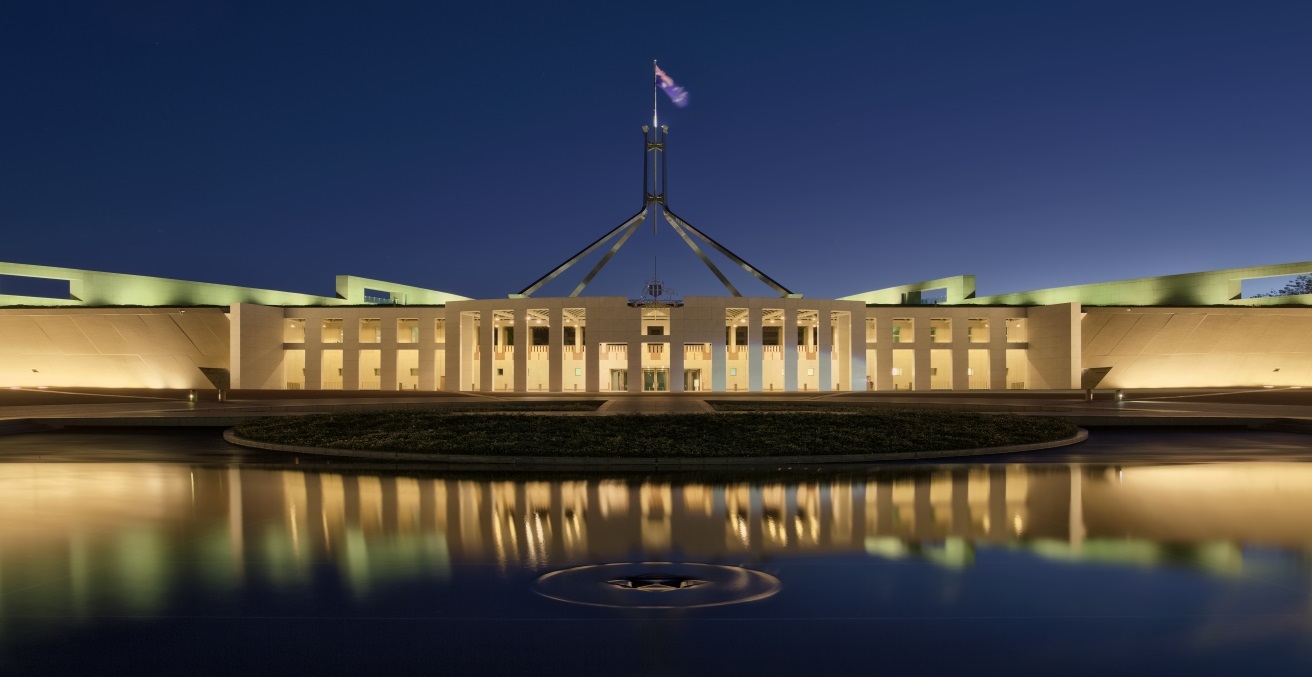The COVID-19 pandemic was a significant event in terms of loss of human life and economic output. After such events, governments often launch a public enquiry into what went right, what went wrong, and how their future responses to similar events could be improved.
The ostensible purpose of such enquiries is policy learning. In cases where human error or intentional action has caused the event, enquiries may acquire more of a judicial character and look to assign responsibility for what has happened. In addition to policy learning and assigning responsibility, enquiries can serve political purposes, such as marshalling support for the preferred governmental solution to a particular policy problem. Unless they can use an enquiry for such ends, elected officials often regard enquiries as “negative goods,” only to be appointed when a crisis can be blamed on remote causes and the officials are unlikely to be found to be at fault, or when the public pressure of appointing an enquiry is too great to ignore.
The desire to avoid blame and the intense politisation of the pandemic measures and the pandemic itself likely explain why only a small number of countries have conducted a national-level Covid-19 enquiry. Even among those who did, many governments were initially reluctant to do so and only yielded to considerable public or political pressure. However, when governments did voluntarily appoint inquiries, they often (at least on the surface) appeared to do so in good faith.
We investigated 78 countries which scored at least 0.6 on the 2019 Varieties of Democracy (V-Dem) Electoral Democracy Index. Out of these 78 democracies (broadly defined), only 25 (32.1 percent) had held at least one enquiry into their handling of the COVID-19 pandemic between 2020 and the end of 2024. Australia, Denmark, the Netherlands, Peru, the UK, and the United States held more than one enquiry.
Of the 32 national enquiries we found, 14 (43.8 percent) were public enquiries (proper), 15 (46.9 percent) were parliamentary committees, and three (9.4 percent) were other types of enquiry. The last category included Japan’s enquiry conducted by the Asia Pacific initiative, a Tokyo-based non-governmental organisation. We did not count purely citizen-led investigations initiated by civil society groups. Examples include Canada’s National Citizens Inquiry, Mexico’s Independent Commission of Inquiry into the COVID-19 Pandemic, and India’s Covid Truths: The People’s Commission & Public Inquiry Committee, inspired by South Africa’s Truth and Reconciliation Commission (TRC). The citizen-led enquiries arose in countries where governments resisted launching official COVID-19 enquiries. They often gave voice to sections of population who felt their needs had been overlooked. For example, the Indian Covid Truths Commission has produced a report on the effects of COVID-19 on New Delhi’s waste-picking community. The citizen-led enquiries have usually been fiercely critical of the government and (unsurprisingly) not recognised as legitimate or criticised by the executive. For example, in Mexico, former president López Obrador has dismissed the Commission’s findings as “a filthy rag” and “a despicable act of political manoeuvring.”
Using governance variables from the Varieties of Democracy (V-Dem) database, we found a strong positive correlation between the country’s level of democracy, the level of executive oversight, the country’s GDP per capita, and the likelihood of an appointment of a national-level Covid-19 inquiry. By contrast, we found a strong negative correlation between the centralisation of executive power and the appointment of a Covid-19 inquiry. We also found that countries that have an established system of public enquiries (primarily, Scandinavian countries and countries in the Westminster parliamentary tradition), were more likely to initiate public enquiries or commissions of enquiry proper. A notable exception was Canada, where public enquiries are not uncommon, but the national government has yet to appoint a COVID-19 enquiry, despite the public and the medical profession overwhelmingly supporting such a move. The grass-roots led private National Citizens Inquiry remains the only national-level enquiry of the Canadian government’s COVID-19 response. Other countries resorted to parliamentary committees, which are initiated by legislative parties and therefore do not offer strong evidence of the government’s willingness to hold itself accountable.
We also examined the timing of the enquiry appointments. Surprisingly, most enquiries (24 of 31 for which we had the appointment date, or 77.42 percent) were launched in the first two years of the pandemic, including nine (64.3 percent) of the public inquiries. The earliest public inquiries appeared in Scandinavian countries, where commissions of inquiry are used routinely to evaluate crisis responses, followed by countries with Westminster-style systems—such as Ireland, New Zealand, and Australia—as well as Austria and Slovakia. Parliamentary committees were often appointed more quickly (with 13 out of 15 parliamentary committees initiated in the years 2020-21), likely because they can be launched by opposition parties, while governments are often reluctant to initiate public inquiries that could show them in negative light.
Finally, we examined the contents of the enquiry terms of references. Reassuringly, their mandates were generally broad (78 percent of enquiries in our dataset) and gave the enquiry a broad authority to examine the effects of the pandemic and the pandemic measures. Examples of enquiries with broad mandates include the UK Hallet Commission, and the Swedish and Norwegian Corona Commissions. We also found that the terms of reference were generally neutral in tone, not taking sides of whether the government response had been adequate or excessive. When the instructions specified that the enquiry should investigate the inadequacy of the government response or government overreach, they were often confined to specific aspects of the response or formed only a minor part of the mandate. For example, The Danish Mink Commission was ordered to investigate the legality of government-ordered culling of all farmed mink in Denmark due to (eventually rejected) concerns that they could act as a host to COVID-19, with the understanding that the decision had been erroneous. Very few of the enquiries were explicitly looking to assign blame, with Denmark’s Mink Commission, Peru’s inquiry examining the irregular use of the State Procurement Law by public officials during the pandemic, and Latvia’s ominously named Parliamentary Inquiry Committee for investigating the erroneous actions of the Latvian government in the Covid-19 pandemic management process being the primary exceptions.
Indicating the desire to learn from policy mistakes, the terms of reference of 22 of the 32 enquiries (68.8 percent) mentioned some form of collateral harm from government COVID-19 measures. Economic harms were most commonly mentioned. Only a few mentioned violations of freedoms or constitutional rights caused by government policies, however. Interestingly, these concerns were behind Sweden’s hands-off COVID-19 policy, which emphasised voluntary cooperation instead of lockdowns, mask mandates, or daycare or primary school closures. Sweden’s constitution blocks ministerial interference with public agencies (with the Public Health Agency of Sweden having the primary policy authority during public health emergencies) and implementing restrictions on movement except at time of war. These motivations were also mentioned by the Swedish Covid Commission, which was one of the first COVID-19 enquiries to be appointed (in June 2020). The commission’s first report was highly critical of the government not doing enough to protect the elderly against COVID-19, however, and its recommendations led to some policy changes.
Despite the positive intentions expressed in the terms of reference, the conclusions of the enquiry reports reflected some fundamental design issues with public inquiries. For example, an inquiry with a broad remit is likely give consideration to many aspects of a problem but to return overly broad policy prescriptions (besides being lengthy and expensive), whereas an inquiry with a narrow remit might give specific and more directly implementable policy prescriptions, but miss important issues. In addition, enquiry members are usually selected from outside the administrative and political apparatus, and they therefore lack the tools or connections to facilitate the adoption of their recommendations. For example, the Norwegian Corona Commission did an admirable job in cataloguing specific harms caused by pandemic policies, ranging from inability of maritime workers to leave their ships to schoolchildren’s mental health, but its policy prescriptions were broad and vague and lacked an implementation path. Without attention to these issues, public inquiries may simply be an expensive exercise that does not lead to policy change.
This article was published alongside the paper “How Many Democratic Countries Have Conducted Covid-19 Public Inquiries? An Exploratory Study Of Government-Led Post-Pandemic Reviews“.
Kira Pronin, Ph.D is a Postdoctoral Researcher at Syracuse University, Whitman School of Management.
This article is published under a Creative Commons License and may be republished with attribution.





